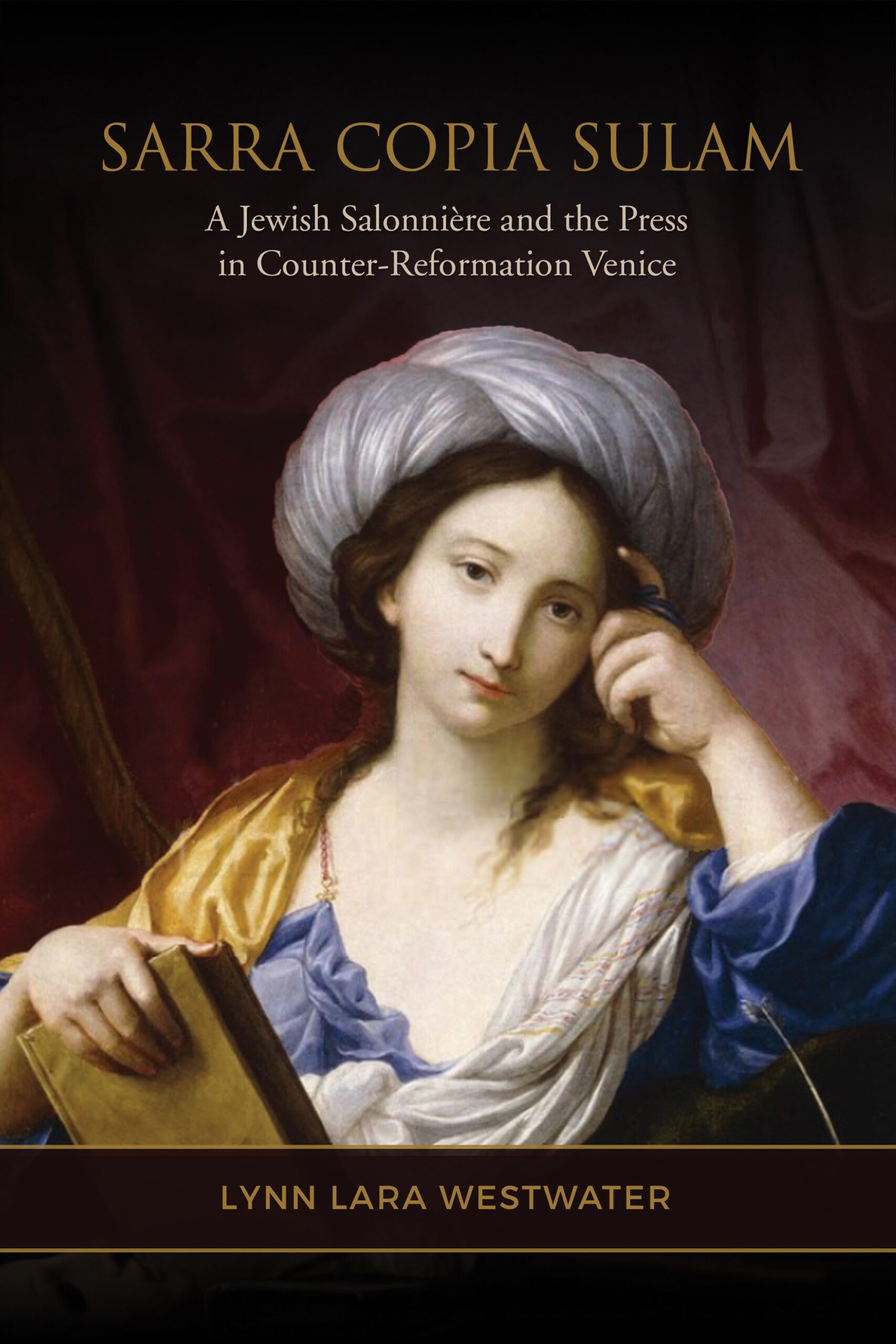For nearly a decade at the height of the Counter-Reformation in Italy, the Jewish poet and polemicist Sarra Copia Sulam (ca. 1592–1641) hosted a literary salon at her house in the Venetian ghetto, providing one of the most public and enduring forums for Jewish-Christian interaction in early modern Venice. Though Copia Sulam built a powerful intellectual network, published a popular work on the immortality of the soul, and gained fame for her erudition, her literary career foundered under the weight of slanderous charges against her sexual, professional, and religious integrity.
This first biography of Copia Sulam examines the explosive relationship between gender, religion, and the press in seventeenth-century Venice through a study of the salonnière’s literary career. The backdrop to this inquiry is Venice’s tumultuous religious, cultural, and political climate and the competitive world of its presses, where men and women, Christians and Jews, alternately collaborated and clashed as they sought to gain a foothold in Europe’s most prestigious publishing capital.
Awarded honorable mention for the Gladys Krieble Delmas Foundation Book Prize in Renaissance Venetian Studies for 2021, presented by the Renaissance Society of America. The citation for this award:
Focused on the fascinating figure of Sarra Copia Sulam, Lynn Westwater’s biography opens onto major questions surrounding religion and conversion, casting new light on previous scholarship on the Ghetto in Renaissance Venice. Sarra Copia Sulam: A Jewish Salonnière and the Press in Counter-Reformation Venice fields a major case study regarding the contested place of women in Baroque Italy’s world of letters. In particular, the work argues how quickly contemporaries seized upon printing as a way to shape or to break public figures. Westwater offers a window onto the birth of modern smear campaigns in the nascent public sphere that arose around print shops and their presses. This account of Sarra Copia Sulam’s salon will attract those interested in comparative studies of salon culture throughout Europe. Cross-disciplinary and well-written, this highly readable book offers a new perspective on a Venice in which the role of women intellectuals was both openly contemplated and hotly debated. Copia Sulam emerges from these contests as precocious and remarkably clairvoyant regarding the pitfalls of literary publicity. If writing arguably offered women a pathway to the exercise of greater agency, publication and the controversies that arose from it could hinder women’s careers and destroy their desire to write altogether. The book generously includes transcriptions, translations, and reproductions of key documents and the whole constitutes a major contribution to the study of both Jews and women in Venice.


